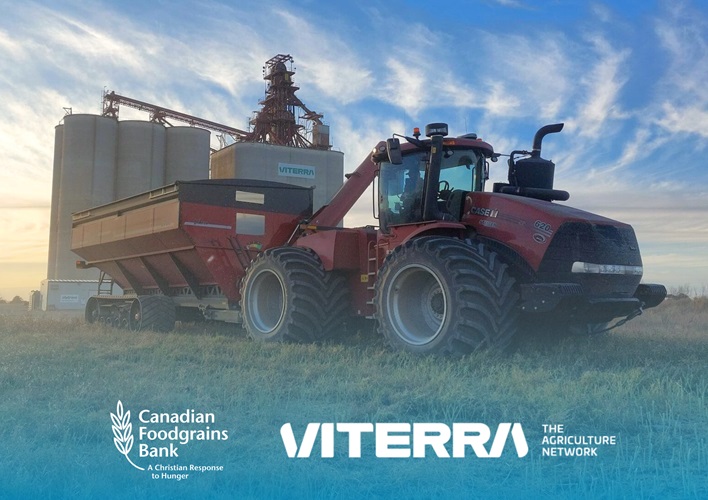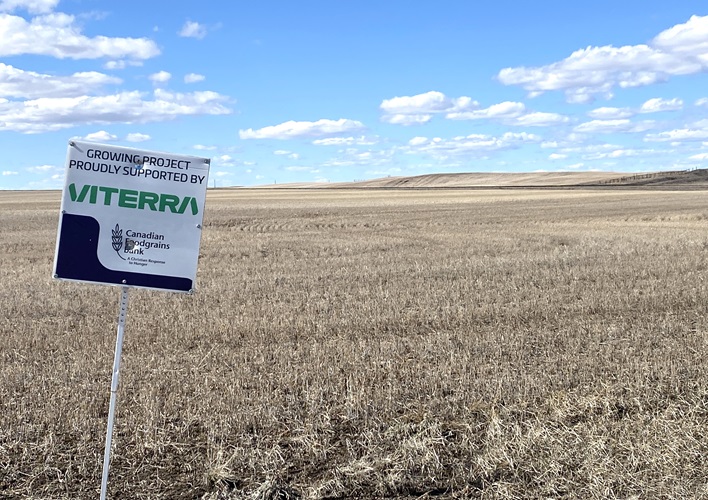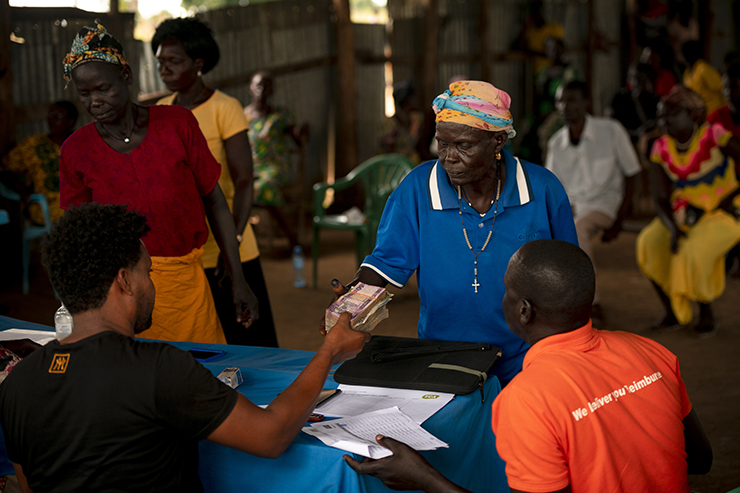As the hunger crisis persists in many places around the world, Canadian Foodgrains Bank, Viterra, and its volunteer farmers are celebrating their eighth consecutive year of working together toward ending global hunger.
In 2023, about 172 acres of land were provided at Viterra facilities in Balgonie, Grenfell and Raymore in Saskatchewan, as well as Trochu in Alberta.
Volunteer farmers working at these terminals gave their time and effort to plant and harvest crops on the acres designated for Foodgrains Bank use, raising funds to help respond to hunger around the world through the Foodgrains Bank network.
“We’re very grateful for the years of continued partnership with Viterra, and the volunteer farmers who are working the land at these terminals, and for the impact they are making in the fight against hunger,” said Foodgrains Bank executive director Andy Harrington.
“With hunger still on the rise in many places around the world, it’s encouraging to see the growing network of Canadians who are committed to showing care for our global neighbours. For many Canadians, these are their family and friends.”
“We’re proud of our longstanding partnership with the Canadian Foodgrains Bank and the important work they do to support hunger response initiatives around the world,” said Kyle Jeworski, CEO of Viterra Canada. “As a global industry leader, we recognize the critical importance of food security and moving food ingredients to areas of need safely and efficiently. I would also like to take this opportunity to thank our farmers, who work hard each year to support our growing projects across Western Canada.”
Foodgrains Bank projects funded through this partnership include humanitarian responses to help people affected by conflict and natural disasters, as well as development projects that help people lift themselves out of poverty in the longer-term, often by providing agricultural training.




